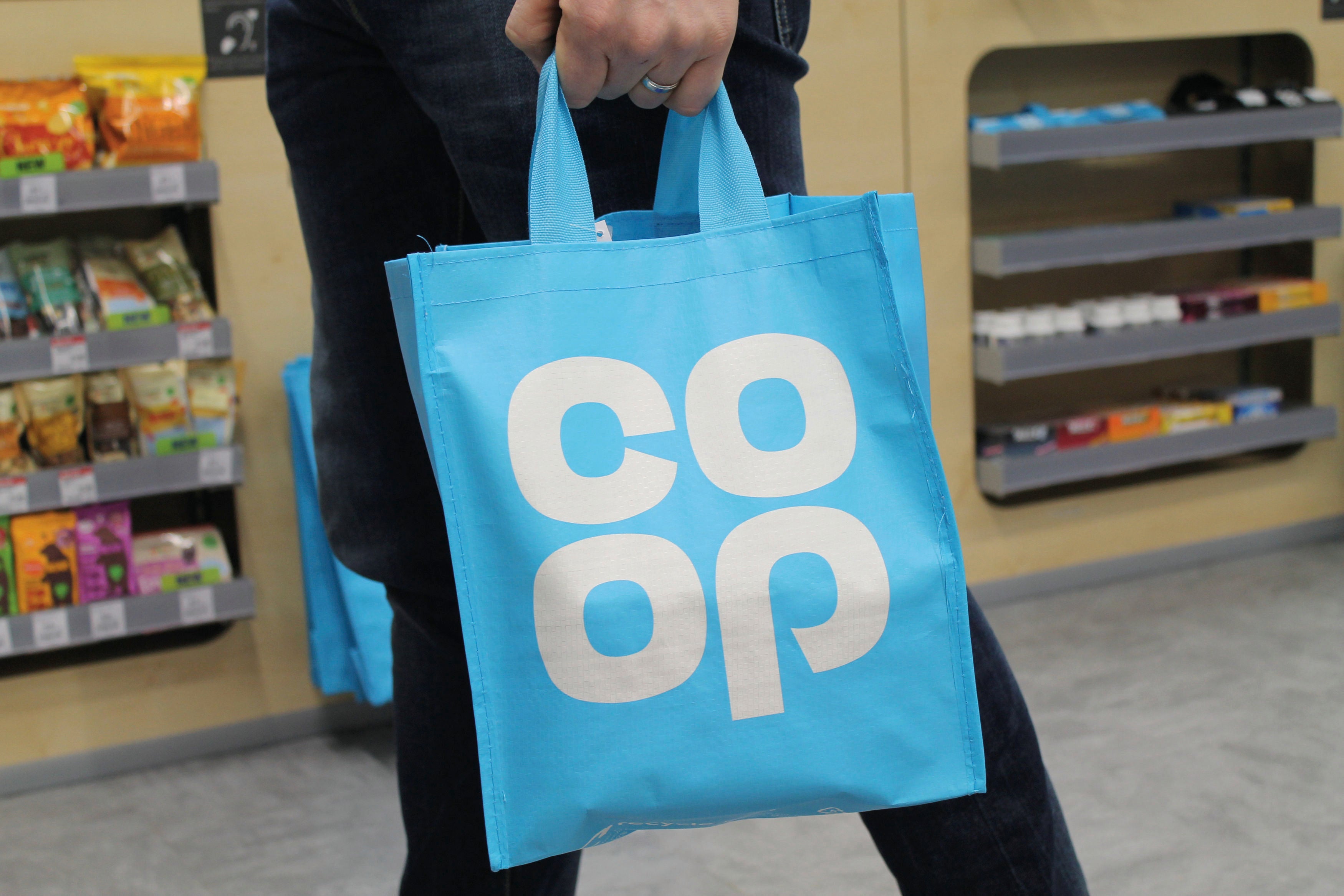Co-op pledges to save communities from becoming ‘cash deserts’
Co-op said its commitments would counter high street bank closures, removal of free ATMs and the rise of cashless retailing.

Your support helps us to tell the story
From reproductive rights to climate change to Big Tech, The Independent is on the ground when the story is developing. Whether it's investigating the financials of Elon Musk's pro-Trump PAC or producing our latest documentary, 'The A Word', which shines a light on the American women fighting for reproductive rights, we know how important it is to parse out the facts from the messaging.
At such a critical moment in US history, we need reporters on the ground. Your donation allows us to keep sending journalists to speak to both sides of the story.
The Independent is trusted by Americans across the entire political spectrum. And unlike many other quality news outlets, we choose not to lock Americans out of our reporting and analysis with paywalls. We believe quality journalism should be available to everyone, paid for by those who can afford it.
Your support makes all the difference.The Co-op has pledged to help disadvantaged or isolated communities avoid becoming “cash deserts”.
The convenience retailer said it will offer free ATMs in every store where possible, and if not offer free cashback services or Post Office counter withdrawals where customers are dependent on the payment method.
Co-op said its commitments would counter high street bank closures, removal of free ATMs and the rise of cashless retailing.
New research by the grocery chain into the spending habits of 16 million shoppers found a north-south divide in the use of cash, with many disadvantaged communities relying on notes and coins to budget during the cost-of-living crisis.
The Way We Pay report found that cash use had fallen from 65% to 28% since 2016.
However, it remained as high as 44% in many areas, particularly areas in Northern Ireland, the Northeast, Wales and Scotland.
These areas had also been hit hard by bank closures, poverty and high unemployment levels.
Despite London topping the list of locations where contactless payments were most common, some boroughs still saw one in three shoppers paying by cash.
English counties made up 80% of the areas least dependent on cash, where unemployment levels are low.
Additional research from Which? suggested that those most likely to use cash were in the lowest-income households, with a third of respondents whose annual income was lower than £20,000 finding cash easiest to budget.
Matt Hood, co-managing director of Co-op Food, said: “Insight and data within our latest report indicates that while contactless has become the preferred way for many to pay, cash still remains a key payment method that the public looks to for confidence and security.
“As a community-led convenience retailer it’s important to us that while we have the correct technology that offers convenience, we also have the in-store facilities that offer vital services to customers and communities that continue to use cash.
“The clear north-south divide highlights the inequality issues that are still apparent in society today, despite the government’s levelling up agenda. By introducing this charter and making these commitments we can continue to protect and provide easy access to cash, particularly in those communities that rely on it most.”
Since 2018, the number of free-to-use ATMs has dropped by more than 12,000 – a reduction of almost a quarter, which is set to rise – and nearly half of the UK’s bank branches have closed since 2015.
Co-op currently has around 2,300 free-to-use ATMs, alongside 230 Post Office counters, across its stores.
It has also introduced OneBanks concessions in three Scottish communities that are more reliant on cash, allowing customers to access banking services no matter who they bank with.